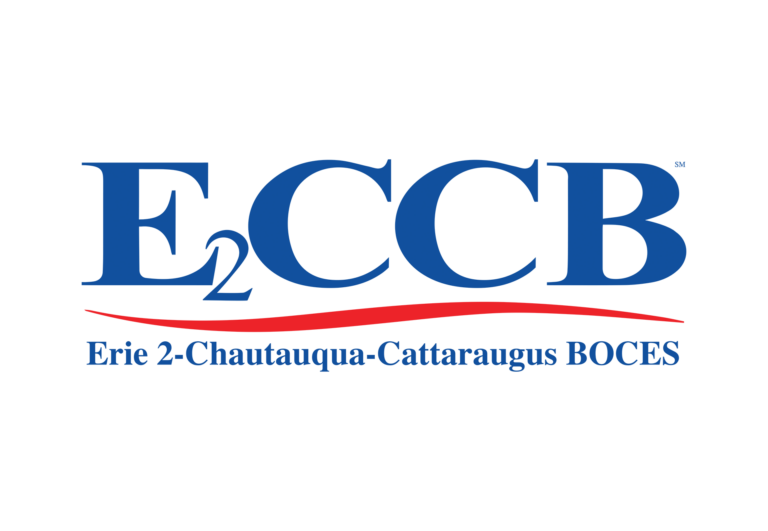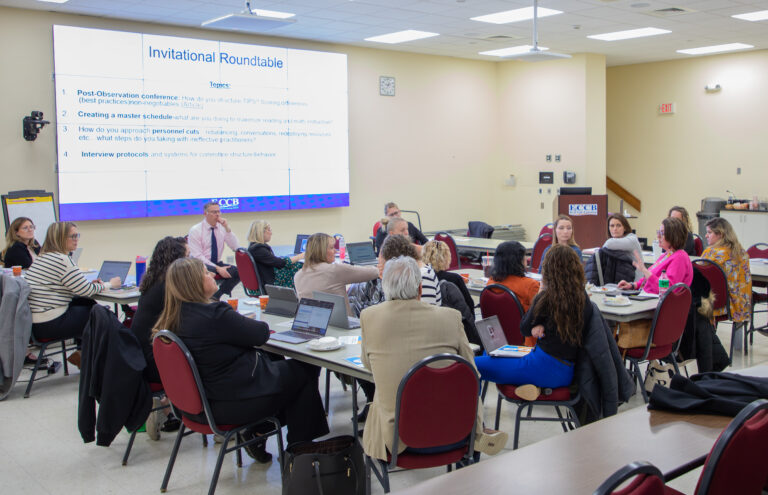
In January 2022, the Erie 2-Chautauqua-Cattaraugus BOCES (E2CCB) embarked on a groundbreaking journey to assess the educational needs of its region. With the support of Via Evaluation (VIA), the project aimed to gain a deeper understanding of the challenges and opportunities within the educational landscape. Through surveys, interviews, and interactive data walks, E2CCB’s commitment to improving education across its service area became evident. Here, we delve into the key insights that have emerged from this vital initiative.
- Early Career Exploration and Information Sharing
One of the most prominent findings was the unanimous agreement among participants that schools must provide more information about educational and career options at an earlier age. This sentiment resonated with both adults and students, who emphasized the need for proactive communication beginning in early middle school. In addition, participants stressed the importance of personal interactions over traditional methods like flyers or emails. Field trips to E2CCB sites were identified as an effective way to visualize opportunities, fostering a deeper connection between students and potential pathways. - Breaking Down Barriers to Career Preparation
Participants recognized that lack of knowledge was not the sole barrier to career preparation; other obstacles hindered students’ involvement. These challenges included transportation barriers, insufficient seats available in programs, stigma surrounding BOCES, and district policies discouraging or limiting enrollment. Addressing these barriers is crucial to ensure equitable access to career preparation opportunities. - Battling Mental Health Stigma and Bullying
The stigma associated with mental health remains a persistent challenge within educational settings. Both students and adults acknowledged that this stigma deterred students from seeking help. Participants highlighted the need for increased awareness and training on this issue to create a more inclusive and supportive environment. Additionally, concerns about bullying, particularly cyberbullying, were discussed at length, prompting calls for greater awareness and training for students, families, and staff. - Fostering Meaningful Connections
Students expressed a strong desire for more meaningful connections with school staff. However, staff members face competing priorities, often limited by the demands of curriculum and testing. Shortages of key staff members, such as counselors and social workers, further compound the issue. While finding an easy solution is challenging, the introduction of special “mental health days” was noted as a promising approach to providing students with opportunities to explore career options and build stronger relationships with teachers and peers. - Technology Integration and Training
Both students and adults identified a need for improved technology training in schools. Students felt that they were expected to use technology effectively, but many struggled to do so. Teachers also required additional training to leverage technology for teaching purposes. The consensus was that technology should not replace face-to-face interactions entirely, as students valued opportunities for in-person communication and collaboration. - Enhanced Communication and Connection
Communication and connection emerged as common themes across the data walks. Participants called for improved information sharing and connections within the educational community, including better access to mental health resources, more robust connections between employers, districts, and E2CCB, and consistent communication about educational and career options. These enhancements promise to strengthen student mental health, foster a sense of belonging, and decrease bullying.
Conclusion
The E2CCB Needs Assessment project has yielded a wealth of insights that provide a roadmap for enhancing education in the region. By addressing the identified challenges and building on these findings, E2CCB and its stakeholders are well-positioned to create a more inclusive, supportive, and career-oriented educational system that empowers students to thrive in an ever-evolving world.









